Jan's recent articles
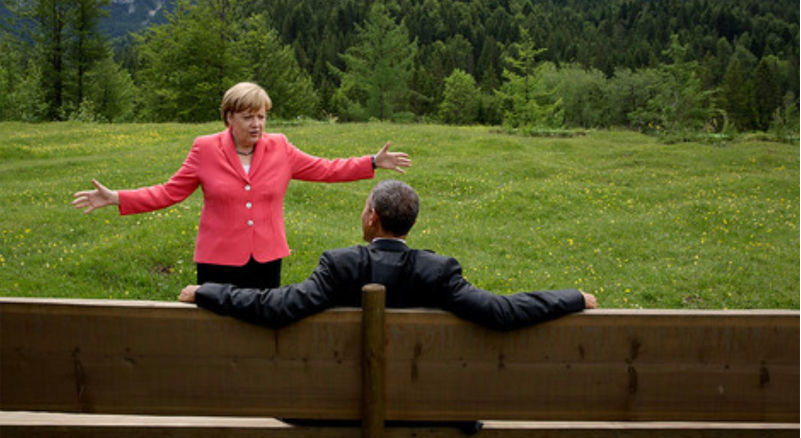
21 February 2025
The political pragmatism of Angela Merkel
Since her autobiography Freedom. Memoirs 1954 - 2021 appeared on the world stage in late November last year, many reviews in the Western media were negative, and quite critical of Angela Merkel's politics, especially the way she dealt with the refugee crisis. Long admired for her role as Germany’s first female Chancellor, and hailed as a leader of the free world, her departure from office was accompanied by disapproval – as often happens with political leaders.
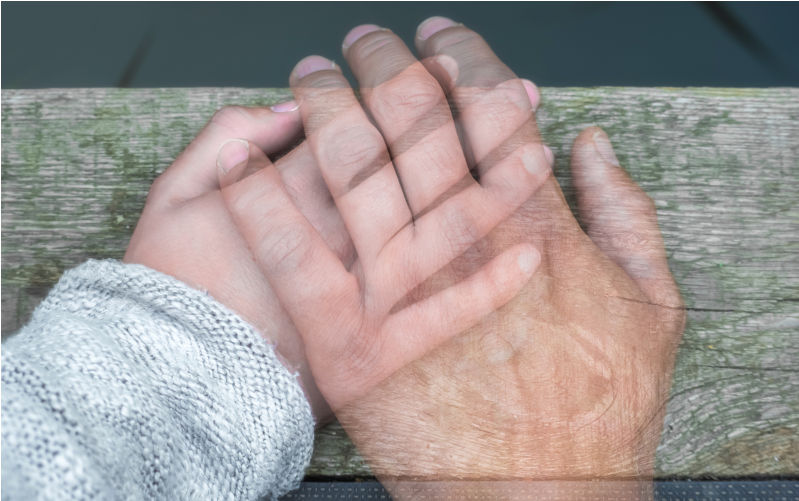
9 September 2024
Poem: Intimations of mortality
Today it is hard to believe in the spiritual power of Nature, because our social behaviour is doing so much damage to it. Being obsessed with economic success and technological achievements, we live in a permanent state of stress and ambivalence, unable to make peace with Nature and with ourselves.

6 August 2024
My dream of America
I am not part of America, but America has always been a part of me. Like no other country, the mere name carries a special fascination for me, and despite all its contradictions and problems, I have always felt attracted to it. This presidential election, can America leave behind the narrow mindset of the old guard, shaped by the Cold War and by a dangerous superiority complex, which made some Americans believe that they have a God given right to rule the world?
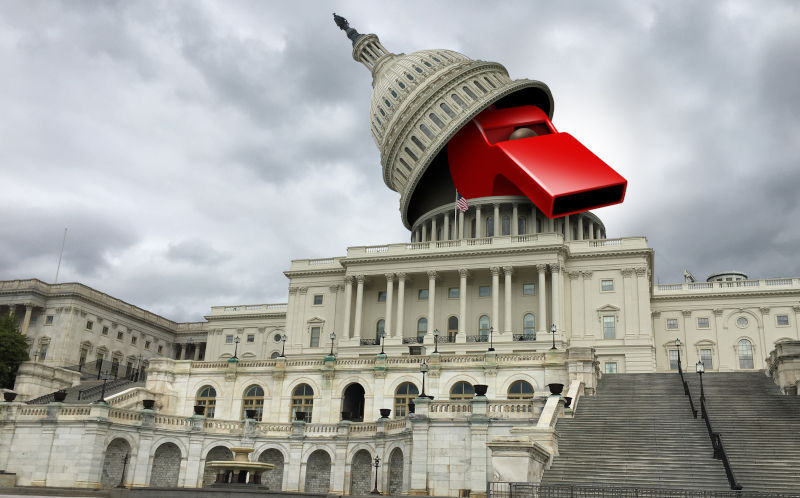
23 June 2023
The suffering of Snowdon and Assange
A recent article by Ben Bradley in The New Yorker magazine, ‘Daniel Ellsberg’s life beyond the Pentagon Papers’ made me think again about the fate of the two courageous anti-American whistleblowers, Edward Snowdon and Julian Assange.
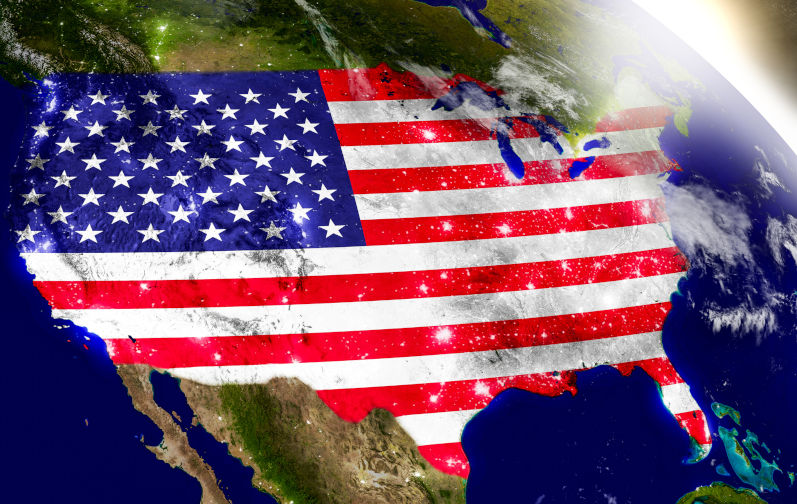
25 May 2023
Imperial decline and the causes of polarisation in America
American society is going through a phase of polarisation unlike anything seen before, and so far, unparalleled in any other Western democracy. It has given rise to intense feuds among politicians, and makes governing difficult for the White House, most recently aggravated by yet another debt crisis. But why is this happening?
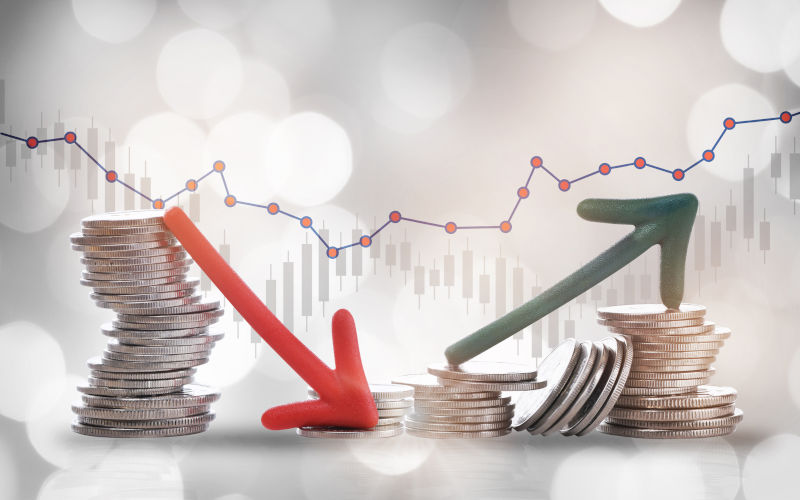
21 January 2023
The dilemma of economic growth
Economic growth has been the holy grail of post-industrial society, but there is now mounting evidence that it needs to be slowed down for the sake of the environment. It is therefore a welcome sign that Mark Diesendorf reiterates the call for ‘Limits to Growth’ which has been voiced since the 1970s - largely to no avail.
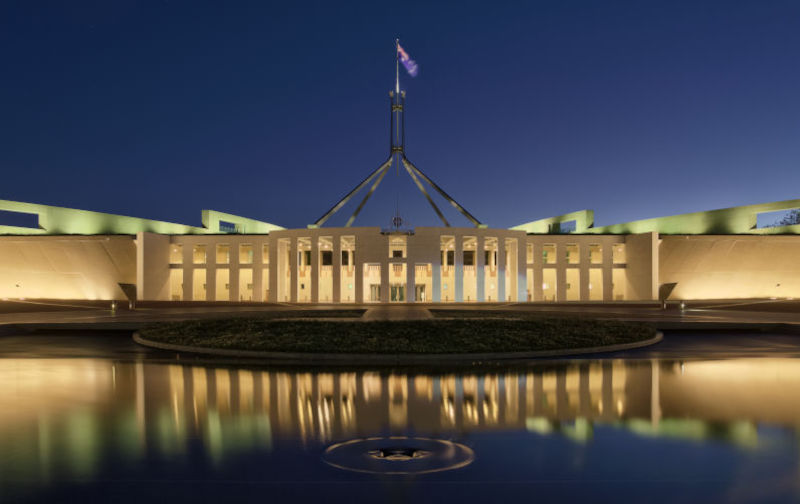
1 May 2022
The crisis of representative democracy
The model of parliamentary democracy which the modern world inherited from Britain is obviously not working properly any more, because the major parties today don’t stand for coherent and reliable policies which reflect fundamental social divisions and opposing interests in our society.
